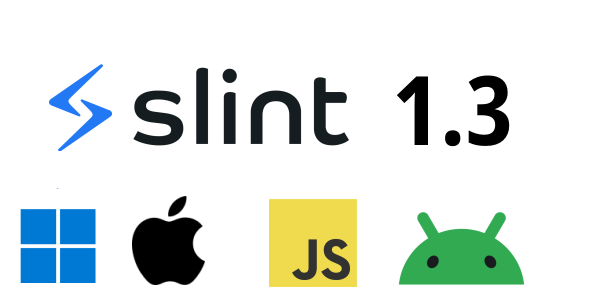

“They” did not go anywhere yet. This is a proposal, nothing more. It will take serious discussions over years to get this into C++.
Prominent figures already said they prefer safety profiles as a less intrusive and more C++ approach at conferences It will be fun to watch this and the other safety proposals going forward.




My coworker used it till his HDD broke, taking his key into data heaven. The repository is still online thanks to radicale, but he has no way to ever get push access to it again.
So it is useless as any misstep can potentially kill your access to the repo.